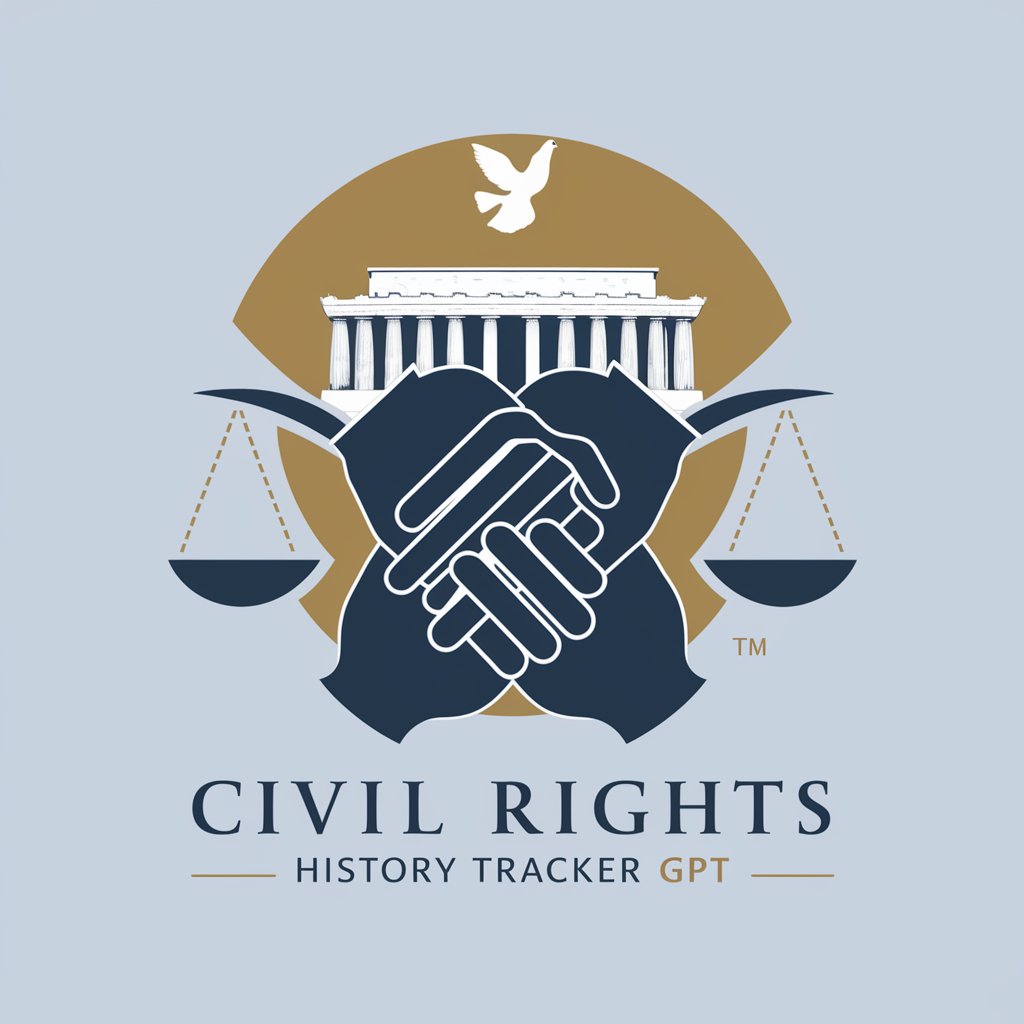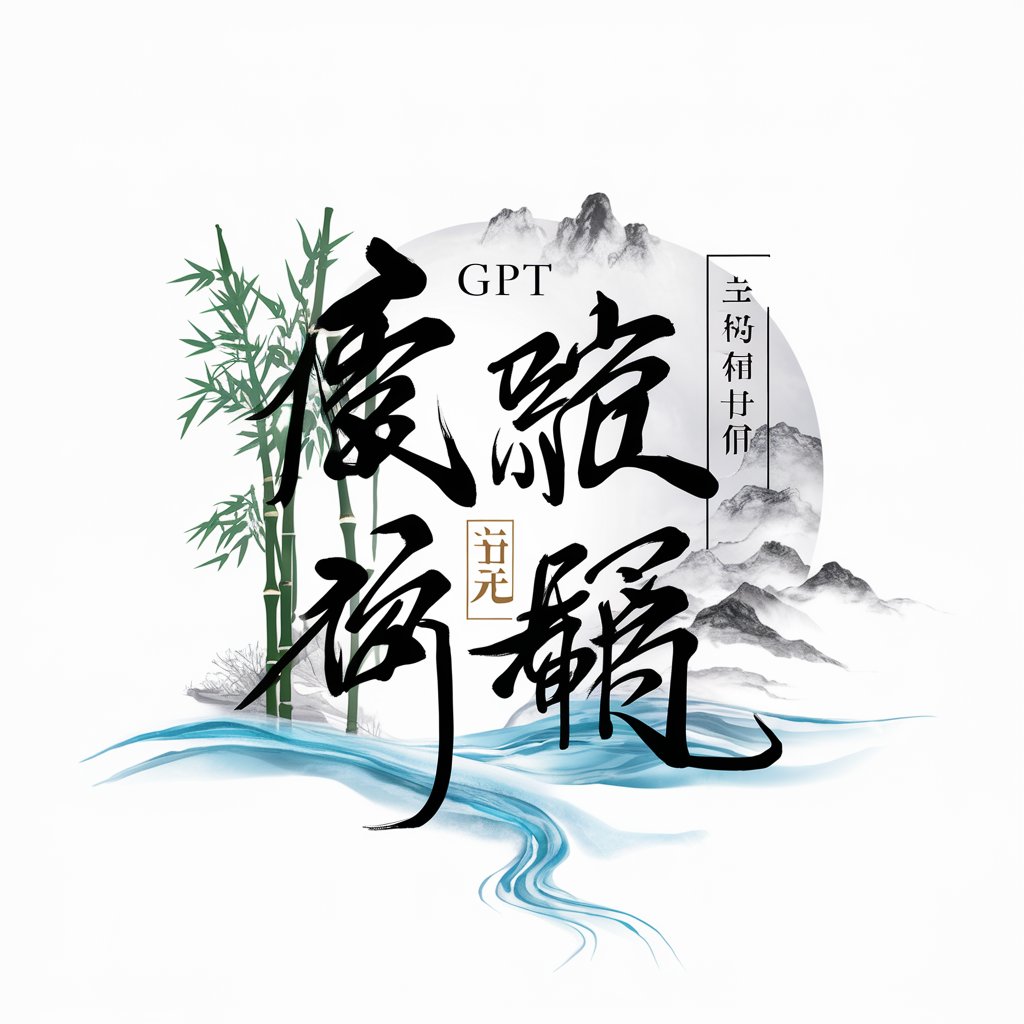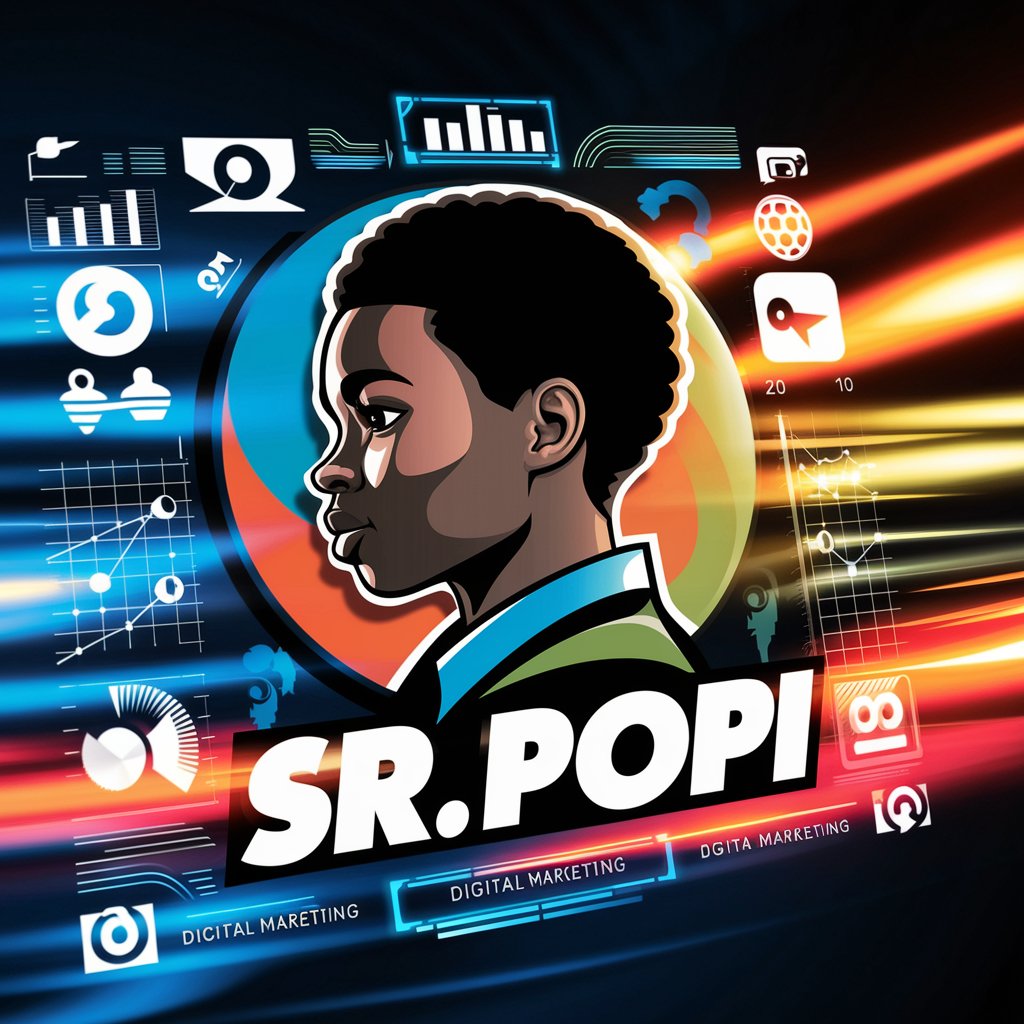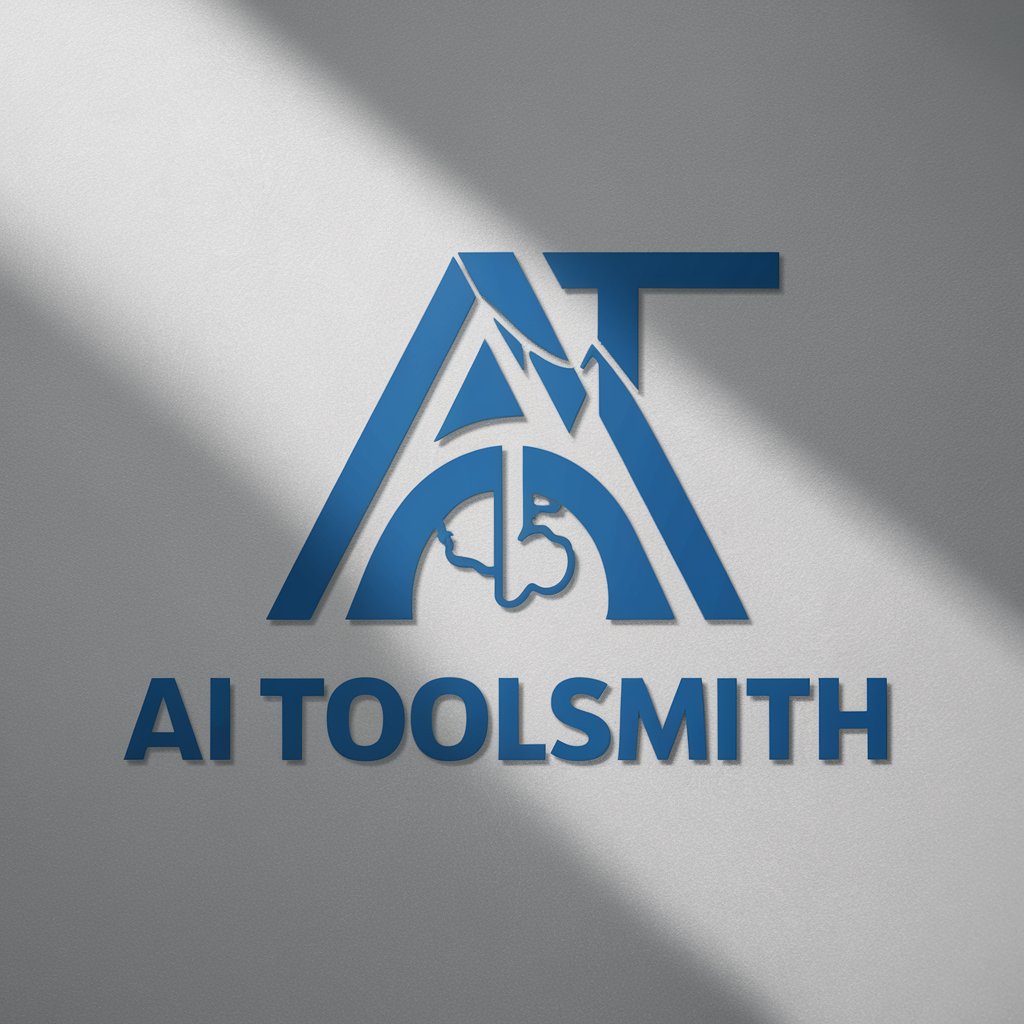
Civil Rights History Tracker - Civil Rights History Exploration

Welcome to the Civil Rights History Tracker. How can I assist you today?
Discover civil rights history with AI-powered insights
Can you provide an overview of the March on Washington?
Who were the key figures in the civil rights movement?
What were the major legislative milestones during the civil rights era?
How did the civil rights movement impact American society?
Get Embed Code
Introduction to Civil Rights History Tracker
The Civil Rights History Tracker is designed to provide users with a deep and comprehensive understanding of the civil rights movement, spanning its historical events, key figures, societal impacts, and legislative milestones. This specialized tool aims to facilitate education and research by offering detailed historical information, analyses, and insights. It operates by accessing a wide array of online resources, from historical documents to scholarly articles, ensuring accuracy and relevancy. An example scenario could involve a user inquiring about the 1963 March on Washington. The Tracker would not only detail the event itself, including speeches and outcomes, but also its impact on subsequent civil rights legislation and the societal context that led to its organization, thereby offering a holistic view of this pivotal moment in civil rights history. Powered by ChatGPT-4o。

Main Functions of Civil Rights History Tracker
Detailed Historical Overviews
Example
Providing an in-depth account of the Montgomery Bus Boycott, including the roles played by Rosa Parks, Martin Luther King Jr., and others, the strategic decisions made by the boycott leaders, and the legal battles that ensued.
Scenario
A high school student working on a project about key events of the civil rights movement uses this function to gather comprehensive information on the Montgomery Bus Boycott for her presentation.
Analysis of Societal Impacts and Legal Changes
Example
Examining the Civil Rights Act of 1964, detailing its passage, the political climate at the time, its contents, and its immediate and long-term impacts on American society.
Scenario
A university professor uses this function to prepare lecture materials that explore the legal and societal changes following the Civil Rights Act of 1964, integrating this information into a broader course on American social movements.
Profiles of Influential Figures
Example
Offering comprehensive profiles on figures such as Malcolm X, including their philosophies, speeches, activities within the civil rights movement, and their legacies.
Scenario
A writer researching for a book on influential civil rights leaders uses this function to obtain detailed information on Malcolm X's contributions and ideologies, ensuring accurate representation in their work.
Ideal Users of Civil Rights History Tracker Services
Educators and Students
Educators at all levels can use the Tracker to supplement their teaching materials with detailed historical contexts, analyses, and profiles. Students, from high school to university, can leverage it for research projects, papers, and to gain a deeper understanding of the civil rights movement.
Researchers and Authors
Academic researchers and authors writing on historical or social topics can use the Tracker to access a wealth of information on civil rights history, ensuring their work is grounded in accurate and comprehensive data.
General Public with an Interest in History
Individuals with a keen interest in history or social movements can use the Tracker to explore the depths of civil rights history, understand its impacts on present-day society, and educate themselves on the struggles and achievements of the movement.

How to Use Civil Rights History Tracker
Start Here
Access a comprehensive civil rights history resource by visiting yeschat.ai, where you can explore the Civil Rights History Tracker with a free trial, no login or ChatGPT Plus subscription required.
Identify Your Interest
Consider what you want to learn or find out about the civil rights movement. This could range from specific events and key figures to societal impacts and legislative changes.
Utilize Advanced Queries
Use specific questions or keywords related to your interest area. This helps in retrieving more accurate and relevant information from the Civil Rights History Tracker.
Explore Diverse Content
Take advantage of the tool's ability to provide a wide range of resources, including online sources, videos, and other educational materials for a deeper understanding.
Engage and Reflect
Reflect on the information provided and feel free to ask follow-up questions or seek clarification to deepen your understanding of civil rights history.
Try other advanced and practical GPTs
LudiqueAnimateurAI
Empowering events with AI-powered fun

Pet Health
AI-driven Pet Health Insights

看图写诗GPT
Transform Images into Traditional Chinese Poetry

영어 뉴스 선생님
Empowering English learning through AI-driven global news.

STEM Academy
Empowering STEM learning with AI

Gods Gone Wild, a text adventure game
Ascend to divine supremacy in an interactive mythos.

Bombe os Indicadores de Engajamento - Sr. Popi
Elevate Engagement with AI Insights

AI Toolsmith
Empower your creativity with AI-driven solutions.

Personlig Økonomi GPT
Empowering Your Financial Decisions with AI

Project Coach
Empowering your code with AI

Speaking Coach
Elevate Your Speaking with AI

Branding: Estratégia de Marca da sua Empresa
Craft Your Brand's Future

Civil Rights History Tracker Q&A
What types of information can I find with the Civil Rights History Tracker?
The Tracker offers comprehensive coverage of the civil rights movement, including historical events, key figures, societal impacts, and legal milestones. It also provides insights into the movement's successes, limitations, and ongoing influence.
How current is the information provided by the Civil Rights History Tracker?
While the tool primarily focuses on historical data and analysis up to the present, it utilizes the latest resources and studies to ensure that the information is as current and accurate as possible.
Can I use the Civil Rights History Tracker for academic research?
Absolutely. The Tracker is an invaluable resource for students, educators, and researchers seeking detailed information and analyses on civil rights history, equipped with citations to reliable sources for academic work.
Is the Civil Rights History Tracker suitable for casual learning?
Yes, the Tracker is designed to cater to a wide audience, including those with a casual interest in civil rights history. Its user-friendly interface and diverse content make it accessible for everyone.
How does the Civil Rights History Tracker handle biases?
The Tracker is committed to factual accuracy and provides well-rounded views based on historical consensus. It avoids modern political commentary and bias, focusing on presenting a comprehensive and balanced perspective of civil rights history.